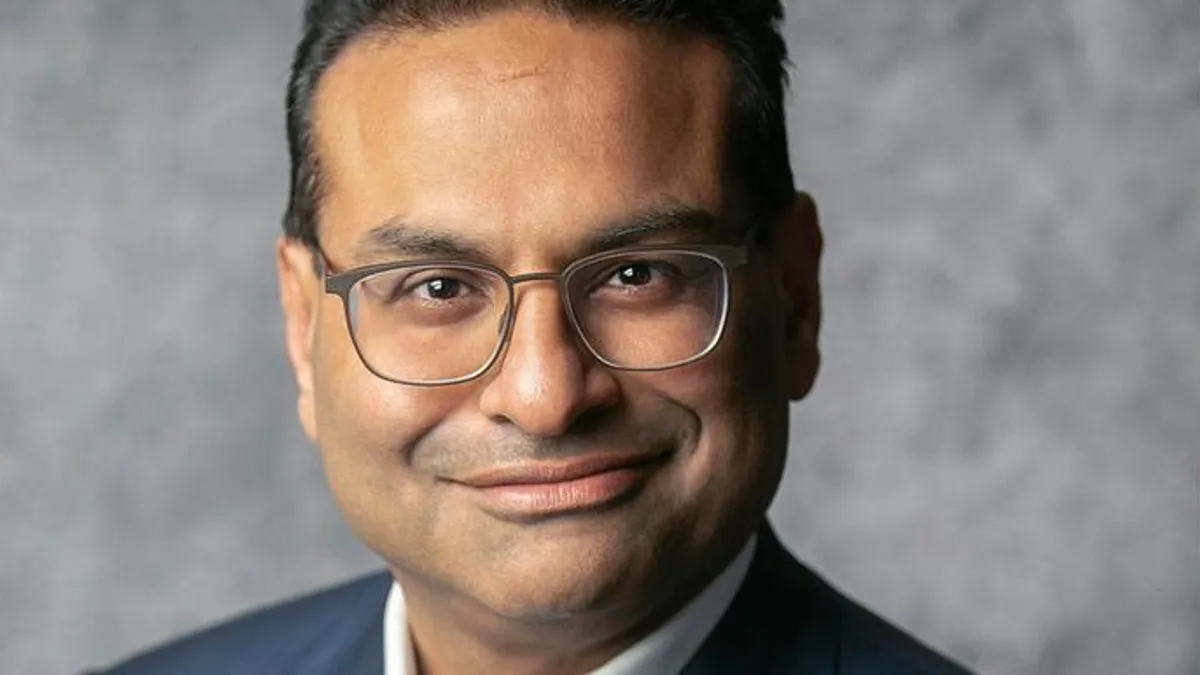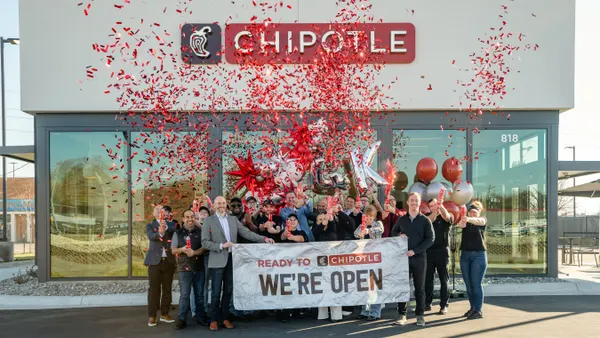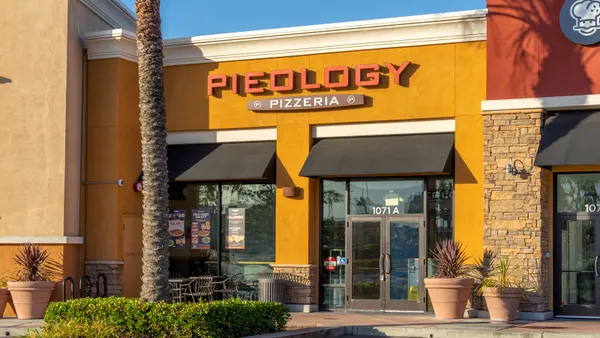Dive Brief:
- Howard Schultz, interim CEO at Starbucks, has stepped down from his post 13 days ahead of schedule, the coffee chain announced Monday. Laxman Narasimhan assumes full chief executive responsibilities as of today, ending Starbucks’ lengthy leadership transition. Schultz remains a board member.
- This c-suite shuffle comes just three days before the chain’s annual shareholder meeting, which Narasimhan is scheduled to lead, according to Starbucks spokesperson Reggie Borges.
- On March 29, Schultz will testify before a Senate Health, Education, Labor and Pensions committee hearing regarding the chain’s response to ongoing labor organizing.
Dive Insight:
Narasimhan has spent the last few months adjusting to Starbucks’ culture and operations, according to the press release, visiting at least 30 global stores, manufacturing plants and support centers. He also earned a barista certification and has participated in the company’s earnings calls.
Schultz addressed his departure in a letter to company leadership Monday morning, stressing the broad continuity of the company’s strategic direction.
“Our company is like a river – the stewards of it will change over time, but it’s always growing and changing, carving a new path and moving forward to something better,” Schultz wrote.
The press release emphasized Starbucks’ financial performance since Schultz returned to power last April.
“The company saw a 47 percent stock price increase since the Q2 FY22 earnings call through the Q1 FY23 earnings call, and market cap growth of approximately $40 billion during that same time,” Starbucks said in the release. “The company also delivered 50 percent in Total Shareholder Return in this time period.”
Starbucks’ U.S. comparable sales and revenue are both up, but Schultz’s third tenure as CEO was not always smooth. The chain’s transactions per store per day continued to lag 2019 numbers, highlighting the importance of Starbucks’ planned overhauls to its kitchen system and continued investments in employees and operations.
While the company’s efforts to contain Starbucks Workers United’s momentum slowed the pace of the union’s election filings, they also drew condemnation from union workers, corporate employees, some shareholders, and federal regulatory bodies. The union’s win rate in store elections is still around 83%, according to a National Labor Relations Board analysis emailed to Restaurant Dive.
A Starbucks spokesperson said Schultz’s departure was unrelated to his scheduled testimony before the Senate HELP committee, and that the early leadership handover made sense given Narasimhan’s role in the company’s shareholder day this Thursday.












